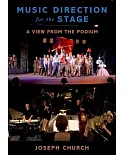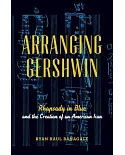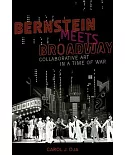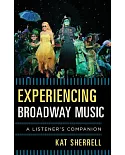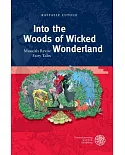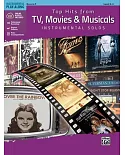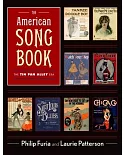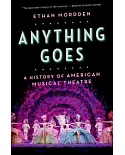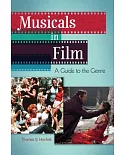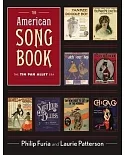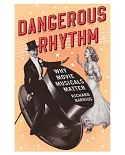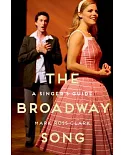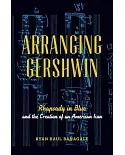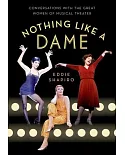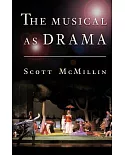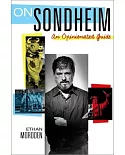Full-page newspaper ads announced the date. Reserved seats went on sale at premium prices. Audience members dressed up and arrived early to peruse the program during the overture that preceded
the curtain’s rise. And when the show began, it was--a rather disappointing film musical.
In Roadshow!, film historian Matthew Kennedy tells the fascinating story of the downfall of the big-screen musical in the late 1960s. It is a tale of revolutionary cultural change,
business transformation, and artistic missteps, all of which led to the obsolescence of the roadshow, a marketing extravaganza designed to make a movie opening in a regional city seem like a
Broadway premier. Ironically, the Hollywood musical suffered from unexpected success. Facing doom after its bygone heyday, it suddenly broke box-office records with three rapid-fire successes
in 1964 and 1965: Mary Poppins,My Fair Lady, and The Sound of Music. Studios rushed to catch the wave, but everything went wrong. Kennedy takes readers inside the
making of such movies asHello, Dolly! and Man of La Mancha, showing how corporate management imposed financial pressures that led to poor artistic decisions-for example, the
casting of established stars regardless of vocal or dancing talent (such as Clint Eastwood in Paint Your Wagon). And Kennedy explores the impact of profound social, political, and
cultural change. The traditional-soundingCamelot and Doctor Dolittle were released in the same year as Sergeant Pepper’s Lonely Hearts Club Band, representing a vast
gulf in taste. The artifice of musicals seemed outdated to baby boomers who grew up with the Cuban missile crisis, the Kennedy and Martin Luther King Jr. assassinations, race riots, and the
Vietnam War.
From Julie Andrews to Barbra Streisand, from Fred Astaire to Rock Hudson, Roadshow!offers a brilliant, gripping history of film musicals and their changing place in our culture.


